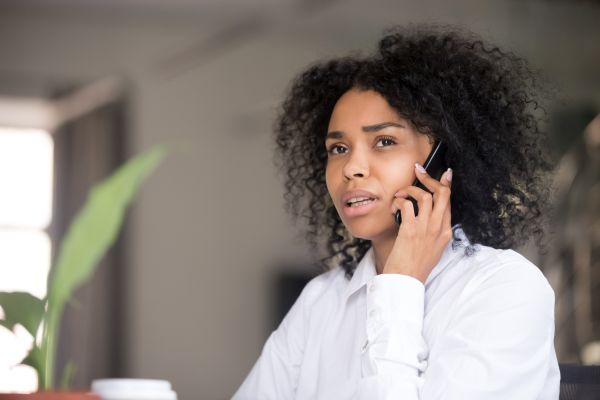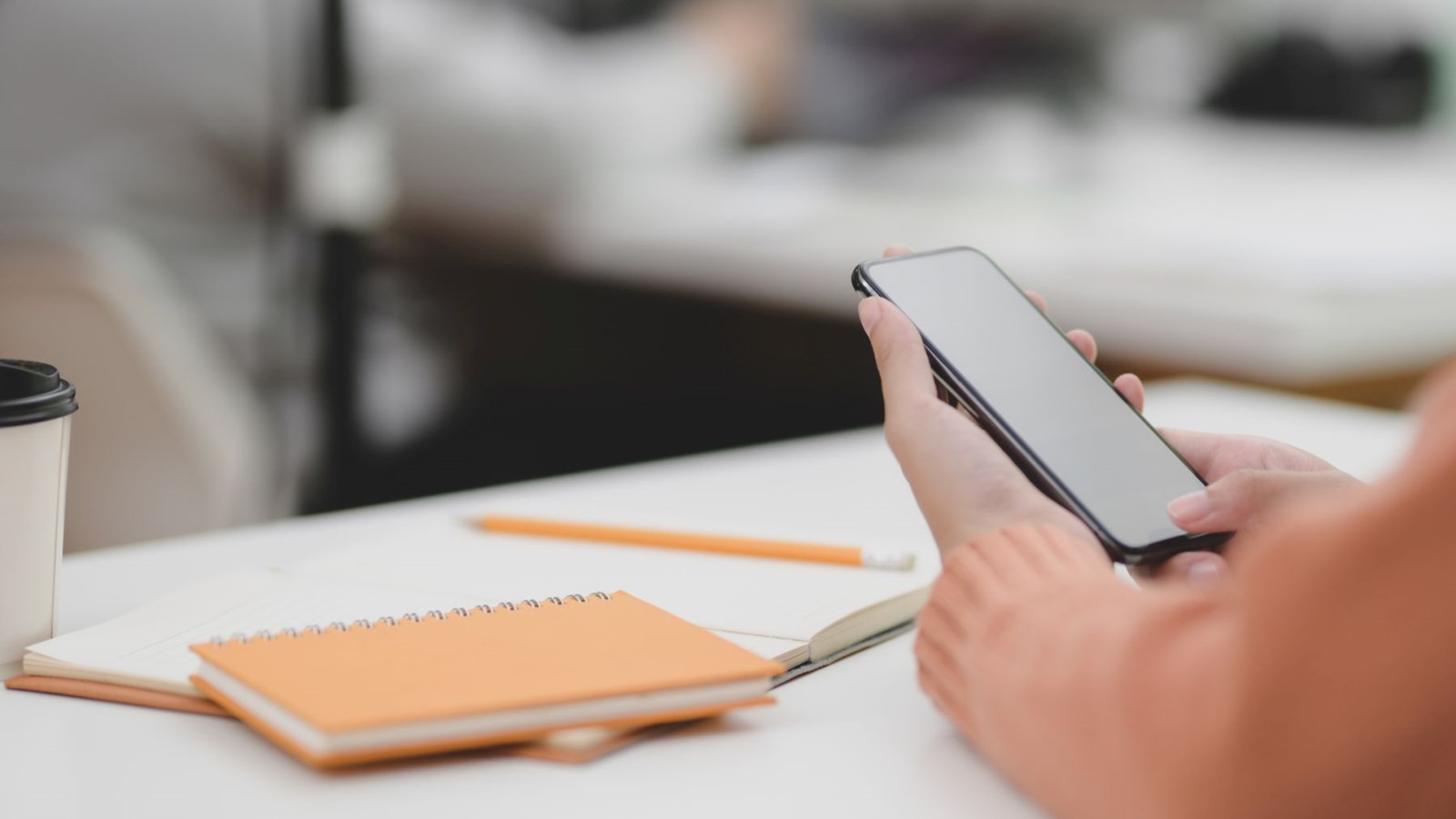In the UK, it is likely that many children will be returning to primary school in the month ahead. Some secondary school students may also return to lessons. As none of us has ever lived through an experience quite like the Covid-19 lockdown before, emerging from it will also be new territory for us all. Here are five pointers to help us - adults and children alike.
Each one of us, of all ages, will have experienced this time differently - and that is OK. It is important not to make assumptions about the experience of others - and above all, let everyone tell their own story. For some people, the past couple of months may well have been traumatic. Some people will have been confined inside, with little meaningful interaction and limited opportunity. However, there will be many - especially children - who fondly remember long sunny days in the garden and enjoying more time with their families.
The likely “new normal” is very far from normal in ordinary human terms. When people wear masks and actively keep their distance, “it makes it harder to feel safe” (Dr Dan Hughes, clinical psychologist). Physical distancing does not come naturally to us. We shall need to find new ways of relating to each other, especially in the classroom - perhaps developing hand gestures to match hidden facial expressions. PACE-ing ourselves will help - focusing on playfulness, acceptance, curiosity and empathy. Being playful and exaggerating speech and movement will build rapport. We need to be ready to ask questions - and listen to the answers. Above all, when we demonstrate empathy, others know they are not alone.
Children returning to school will not all be “on the same page”. Some children have continued to attend school throughout the pandemic and have enjoyed smaller, mixed-age groups, new activities and greater attention from teachers; they may resent the return of others - who in turn, may feel anxious or left out. Some children, who may prefer being “lost in the crowd”, will fear smaller groups and possible separation from their friends. All will struggle with new systems and discovering that some usual activities and school materials are currently off-limits. Those leaving their school at the end of the academic year may have already moved on mentally. Games to build connection and rebuild team spirit will be vital to help the transition back to school life.
Initially teachers will be juggling both the return of children to school, and the continuing home-schooling of those year groups who are still home-learning. This is likely to be complicated and stressful. Teachers may also have their own concerns about the “weirdness” of new procedures and arrangements, as well as anxiety about virus itself. We all need to go easy on ourselves, and make sure that we have some time for fun and for reflection each day - being recognisably and authentically ourselves, as we live with the unknown and the untried, is the best thing we can do for each other.
Good, strong relationships are the best buffer against adverse circumstances (Harvard Center on the Developing Child). Having someone responsive and supportive in our lives, whom we trust and with whom we can share our most intimate thoughts and fears, improves our resilience more than any other therapeutic intervention. Loving and being loved, hearing and being heard, seeing and being seen and accepted are key to good emotional health.
There is much talk of an epidemic of “mental illness” following in the wake of the pandemic. We must make sure that we do not pathologise this, creating medical diagnoses out of what is actually quite understandable human distress, in very abnormal circumstances. For some, what is normally tolerable stress, will have become toxic stress - and help with sharing the burdens of life will lower stress levels. Of course some people may need professional support - but the question we must continue to ask is not “what is wrong with you?”, but “what has happened to you?”. You may have problems - but you are not the problem. Whatever the circumstances, we can work together to make sense of your story.

Coronavirus (COVID-19)
Guidance and resources for members

Sharing your experiences
Marking one year since the start of lockdown, we’re sharing your blogs about the impact the coronavirus pandemic has had on you, your practice and your clients

Coronavirus: Advice for the public
Advice on seeing a therapist during the pandemic, plus tips, advice and coping strategies from our members to help you through these uncertain times
Views expressed in this article are the views of the writer and not necessarily the views of BACP. Publication does not imply endorsement of the writer’s views. Reasonable care has been taken to avoid errors but no liability will be accepted for any errors that may occur.
